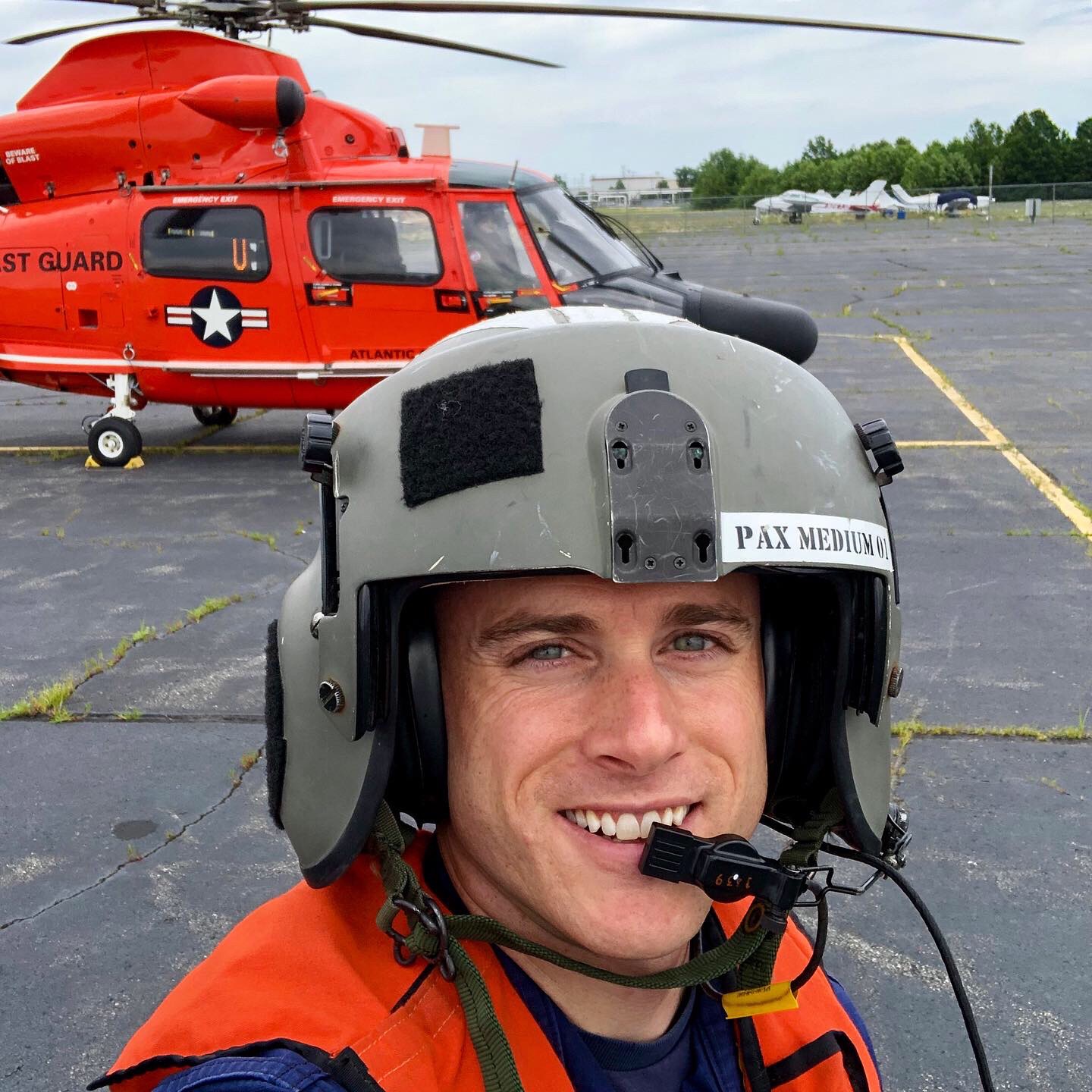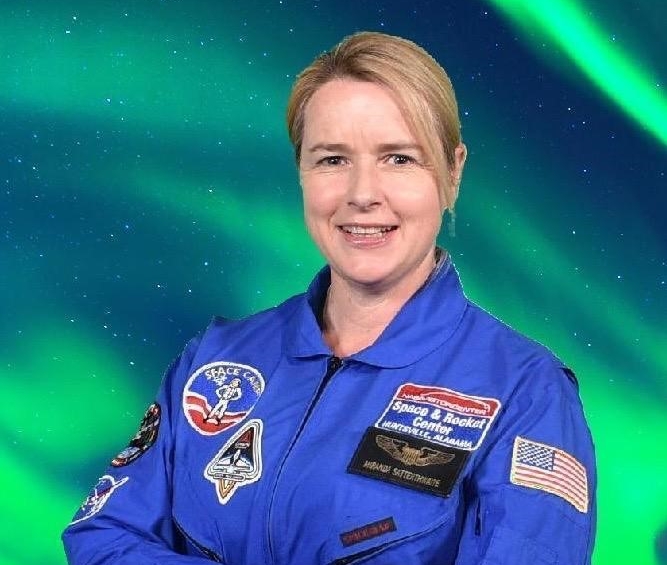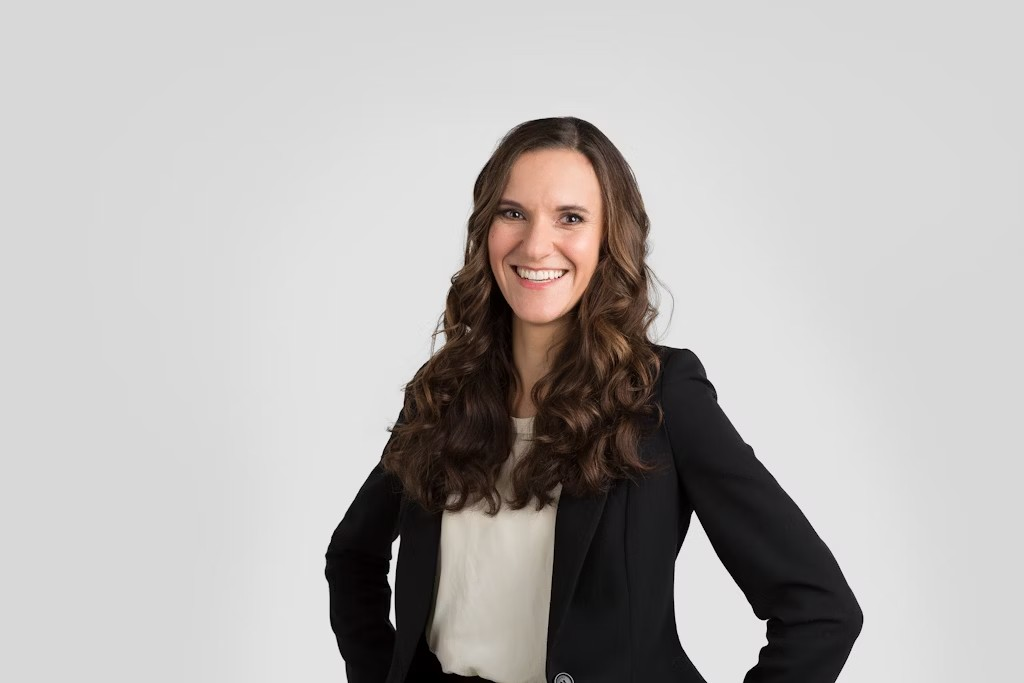Sandeep Sharma has worn many hats since arriving in Christchurch from Mumbai — international student, author, and now a leader in trade and diplomacy. We caught up with him after the release of his book Good on You, Mate!
Looking back, what were some of the biggest challenges — and rewards — of moving from Mumbai to Christchurch to study?
There were quite a few hurdles to overcome even before beginning the journey. From finding the right information about universities abroad to navigating the practical aspects of visas, finances, and banking. But the real challenges began upon landing in Christchurch. Adjusting to the pace and quietness of a city of just over 400,000 was a world apart from the 22 million–strong bustle of Mumbai I’d left behind.
Everyday tasks became learning experiences - figuring out bus routes, sorting accommodation, enrolling at university, managing finances, cooking for myself, and sharing a flat with students from different cultures. Yet, the biggest challenge by far was adapting to a completely new way of learning. Moving from rote memorisation to critical thinking, from being taught to learning independently, was a significant but transformative shift.
Over time, these challenges turned into the most rewarding parts of my journey. Christchurch with its people, culture, and community spirit taught me resilience, humility, and the power of connection. Every obstacle turned into an opportunity to learn something new about myself and about New Zealand.
The greatest reward was finding a sense of belonging in a place so different from where I started.
What inspired you to turn your personal journal into a published book?
The book was never part of the original plan. It began simply as a personal diary, a way to document my journey from Mumbai to New Zealand and reflect on my experiences as an international student.


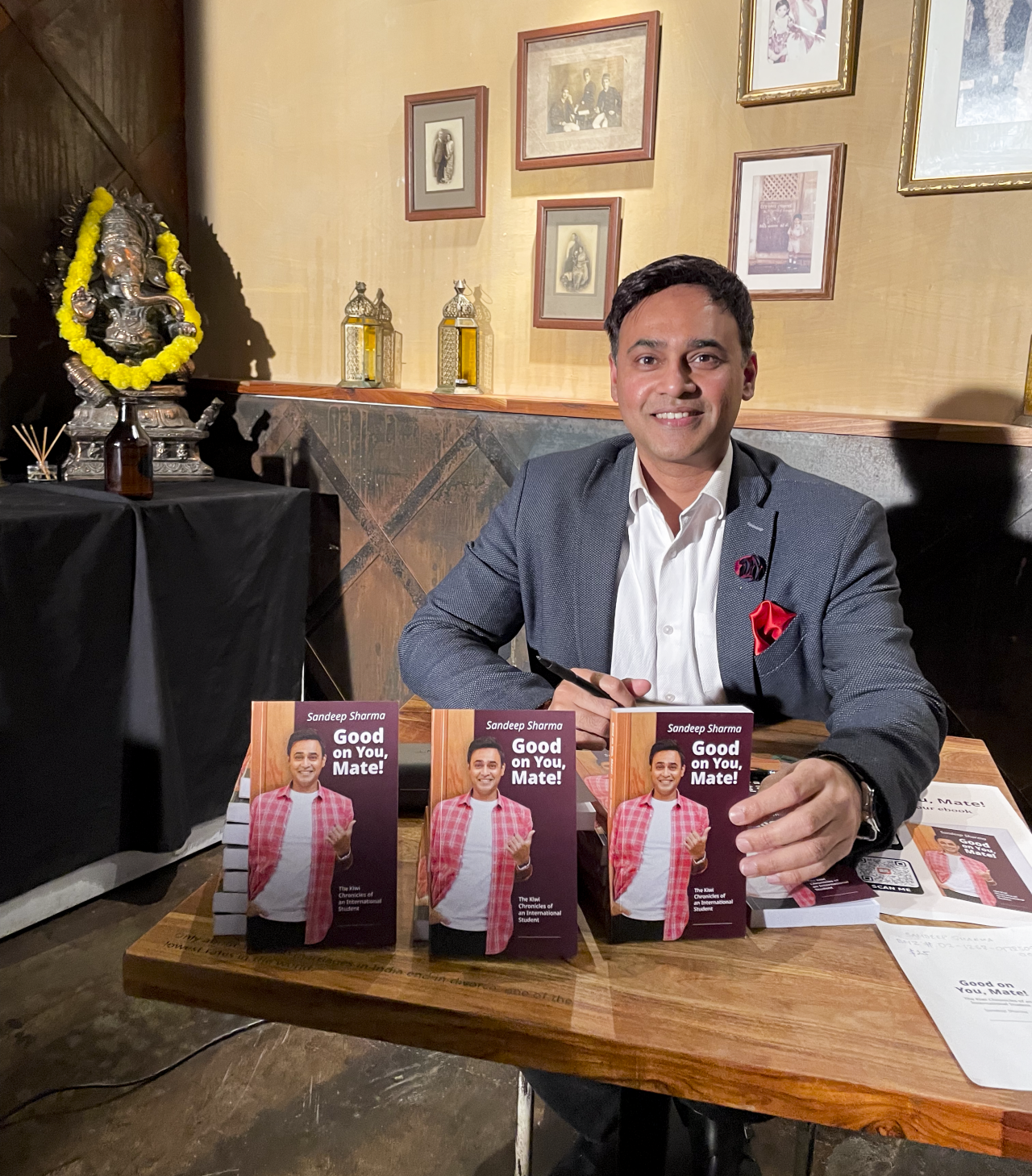
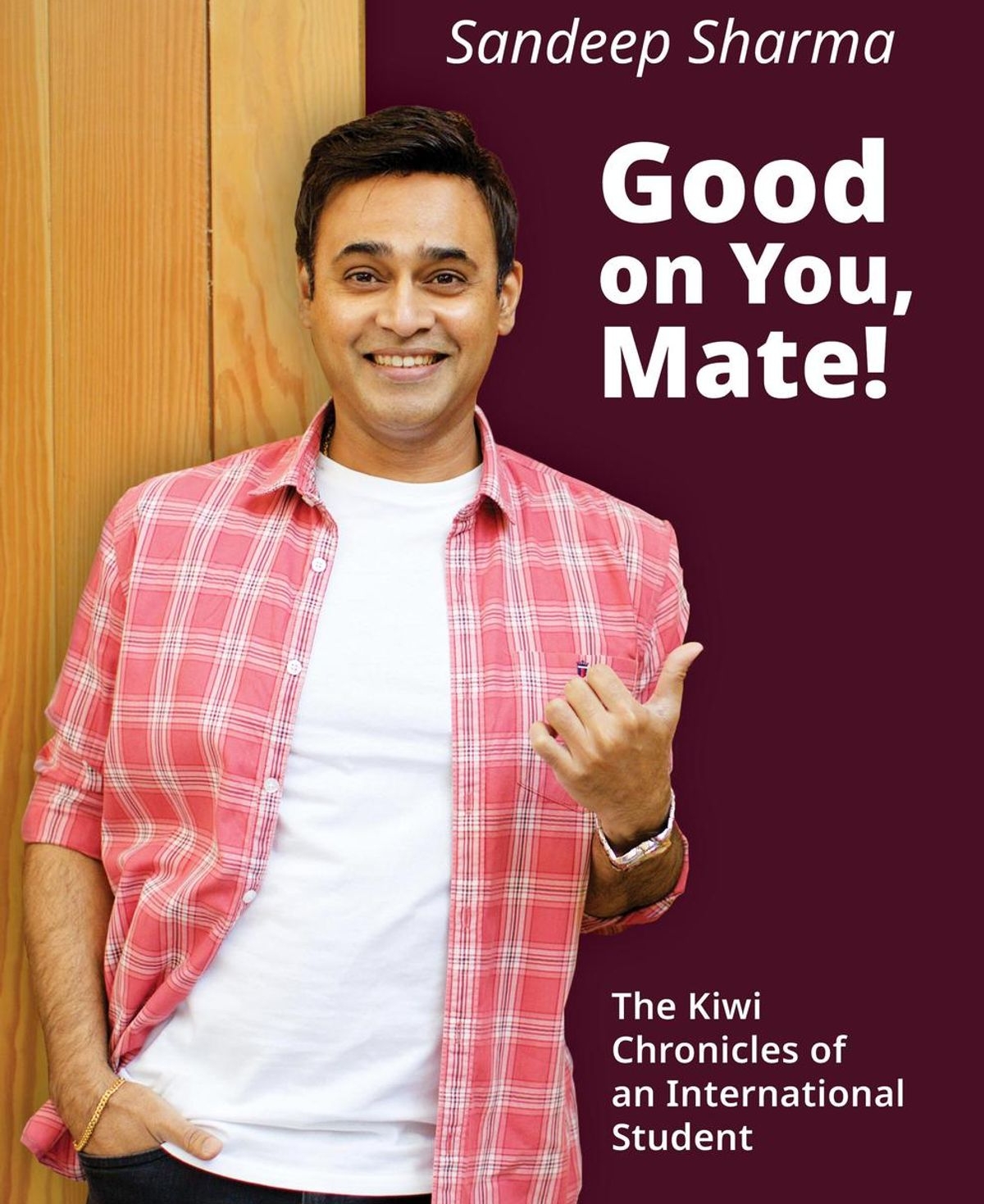
.png)
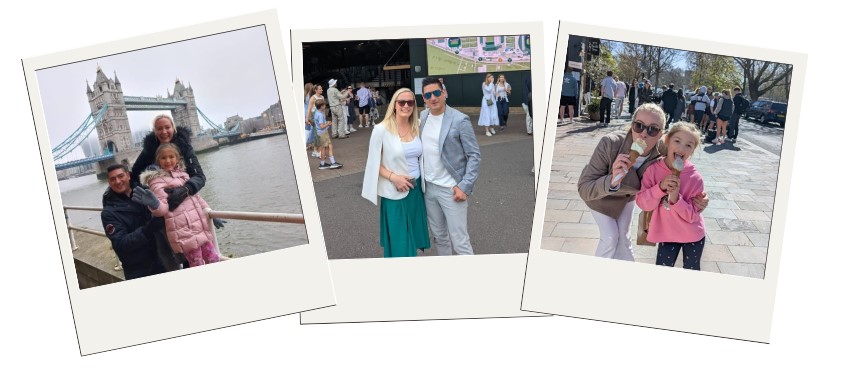
.jpg)
.png)
.jpg)
.jpg)
